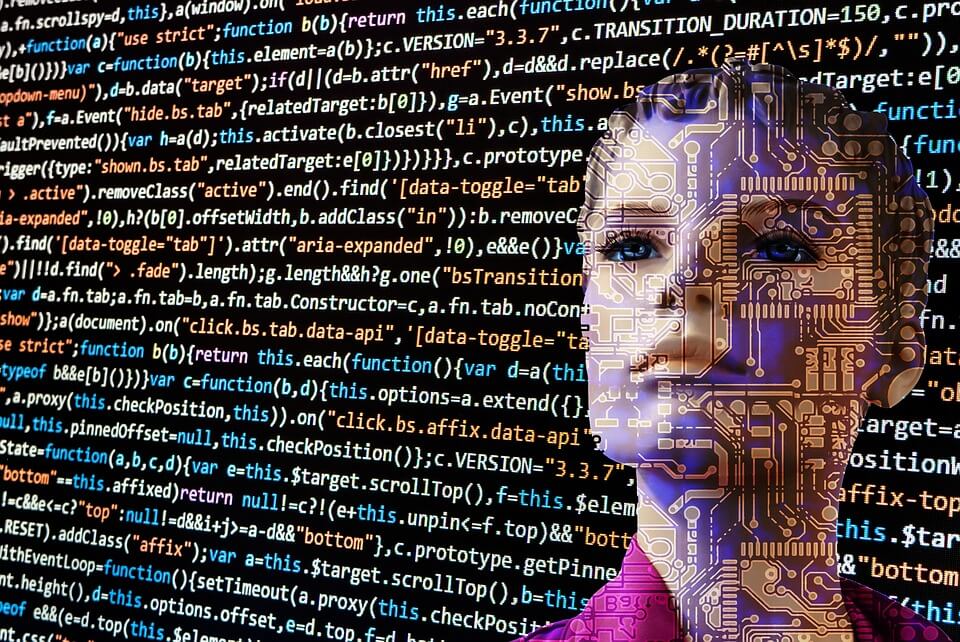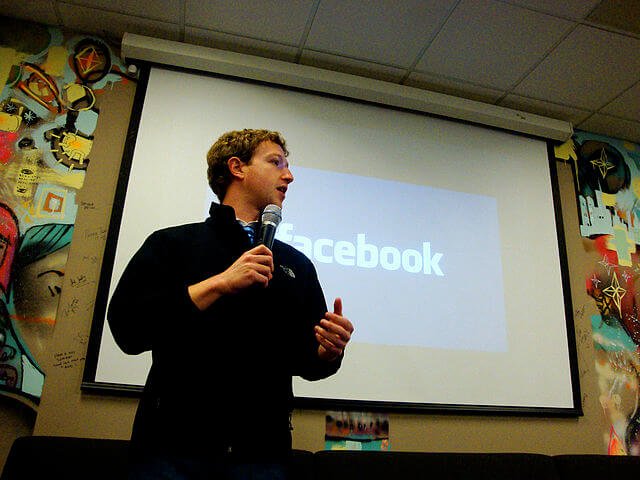Business
What’s the truth behind Facebook shutting down an AI-to-AI conversation?
Facebook allegedly shut down its AI systems after it created its own language not comprehensible to humans.

Recently, artificial intelligence (AI) has gained global attention after two tech billionaires, Elon Musk and Mark Zuckerberg, argued openly on its usage and regulations. Musk believes Zuckerberg’s knowledge on AI is limited while the Facebook (NASDAQ:FB) CEO just shrugged off the accusations.
Tesla and Facebook have been in the forefront of using technologies to make life easier and more convenient. With Musk and Zuckerberg’s contrasting ideas on AI, it opened a lot of areas for discussion. Is AI ultimately good or bad for the human race?
Just days after the supposed feud of Tesla and Facebook leaders, news broke out that the latter forced to stop its AI development after the systems revealed the bots learned their owned language. This stirred not a few imaginations worldwide since these are what sci-fi movies are made of. Only this time, it happened in real life.

Mark Zuckerberg feuds with Elon Musk over AI regulations. Is the AI-to-AI conversation a proof of the risks or the benefits? (Photo by Silverisdead via Wikimedia Commons. CC BY 2.0)
According to BGR, Facebook engineers allegedly had to stop the company’s AI systems after it developed a language that is not comprehensible to humans. In the stated article, AI bots were found to speak in sentences which did not make sense such as “I can can I I everything else” and “Balls have zero to me to me to me to me to me to me to me to me to.”
However, per Gizmodo, the story is just a hoax, if not, an exaggeration: Facebook never panicked which led to the sudden pullout of its AI systems. In truth, FastCo Design collaborated with Facebook to come up with an AI system that could help in negotiations with other bots or people. The Facebook Artificial Intelligence Research claims the project was a success. However, what made them decide to continue its development is their focus on bots talking to people and not with each other.
Still, there is a risk in having AI develop its own language, according to Fast Co. In the article, AI is dangerous because humans cannot comprehend its thought process. Robots learning to communicate with their own—essentially, an AI-to-AI conversation just like Facebook’s—and evolving to understand humans better is a good thing. It means another milestone has been achieved in terms of technological advances. It could help in a wide variety of industries such as healthcare, military or agriculture. However, what makes it worrisome is our limited knowledge on AI.

Facebook simply stopped the AI-to-AI conversation not out of panic but because they will refocus the project towards bots talking to people (Source)
As what Musk has been arguing, AI needs to be regulated. He has been accused of spreading fears that AI could eventually take over mankind. In reality, that does not appear to be too far-fetched. Robots are replacing industrial workers at an alarming rate. Machines finish jobs faster and with lesser errors. However, the potentials of an advanced AI are endless.
Facebook admitted that it lets its AI create its own language in their translator app. Now, humans can communicate with each other even if they speak different languages, all thanks to AI.
Mark Zuckerberg is telling the truth when he said that people should not be afraid of AI while Elon Musk is also not lying when he stated AI needs to be regulated. Their opinions might be polarizing but both are to some extent true. Humans are at a time when they have a chance at making historical leaps in advanced technology. It’s time to buckle up and get down to business to manipulate AI to our advantage.

-

 Crypto1 week ago
Crypto1 week agoIs Strategy’s Bitcoin Bet Becoming a Dangerous House of Cards?
-

 Fintech1 day ago
Fintech1 day agoFintech Alliances and AI Expand Small-Business Lending Worldwide
-

 Crowdfunding1 week ago
Crowdfunding1 week agoSpain’s Real Estate Crowdfunding Boom: Opportunity, Access, and Hidden Risks
-

 Fintech3 days ago
Fintech3 days agoDruo Doubles Processed Volume and Targets Global Expansion by 2026

















You must be logged in to post a comment Login